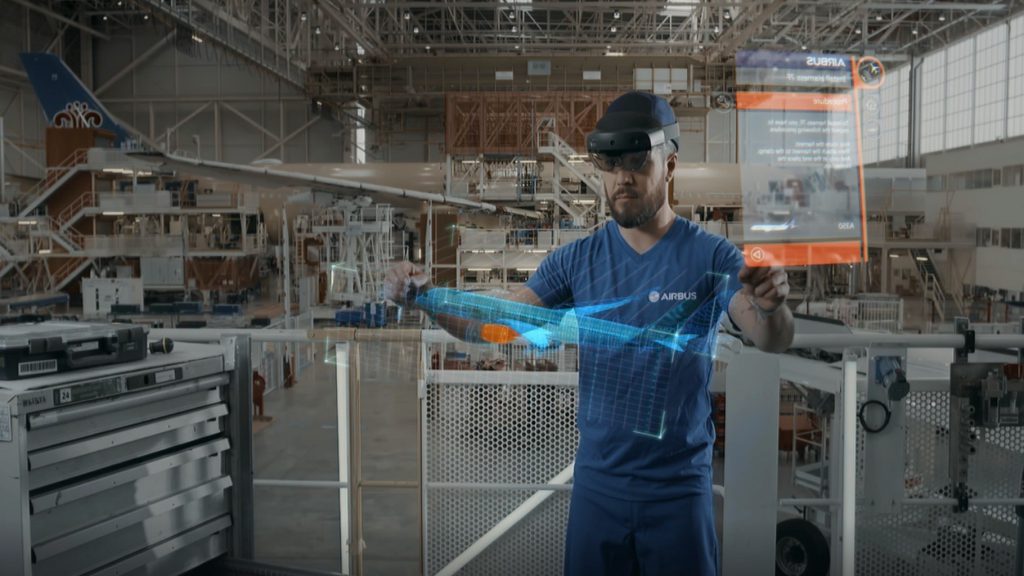Microsoft is making a change in how it will help develop and improve its Mixed Reality Toolkit software. Today, the company announced it is spinning off the development of those tools to its own organization within Github.
In a blog post, Microsoft stated that this does not mean that the company will no longer be involved in the development of the toolkit:
As its own organization, MRTK is now free of previous constraints that made it difficult for developers to introduce other endpoints and influence feature roadmaps. This transition does not change Microsoft’s investment in MRTK3. Instead, we are now afforded the opportunity to increase investments in the program and create a steering committee that includes other major industry players.
The steering committee will include Microsoft and at least two more companies. One of them is Magic Leap, which has been developing mixed-reality headsets and software for years. In its own blog post, Magic Leap stated:
Walled Garden experiences hold back the full potential of this technology, and we feel strongly that giving developers and companies a tool that they have control over will result in a much more robust and active ecosystem for the technology.
The other member of the Mixed Reality Toolkit group is Qualcomm, which has made the chips that have powered Microsoft’s HoloLens devices. Microsoft stated:
Given their expertise and contributions, we are grateful to solidify their support and investments in the MRTK3 program and look forward to continued collaboration.
Microsoft also announced today that Mixed Reality Toolkit 3 will be generally available sometime in the second week of September 2023. Microsoft previously said the new version will offer a number of improvements, including faster overall performance, a smaller memory footprint, and a revamped UI.
The news comes just a few days after the Microsoft Mixed Reality team announced it will be ending production of its Azure Kinect Developer Kit, with its motion sensing hardware, in October.

